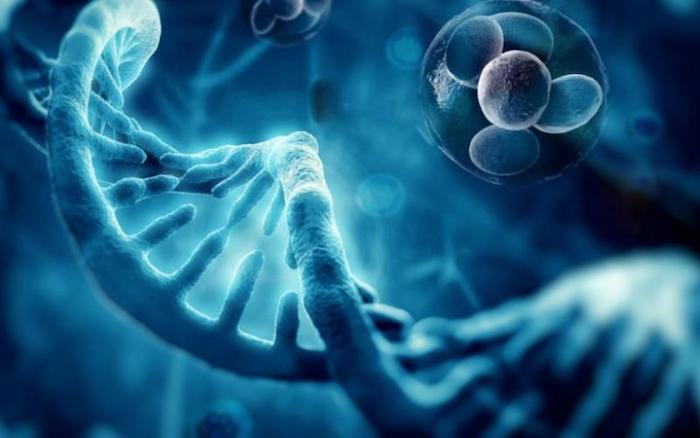
Joint pain can be caused by aging, arthritis, or injury and can affect multiple areas of the body. A trained physician provides platelet-rich plasma (PRP) therapy to help alleviate joint pain that may be affecting your quality of life. Platelets are a substance found in the blood that helps promote healing, such as when you get a cut. The platelets work to form blood clots to stop the bleeding. This happens because platelets are made up of proteins known as growth factors. These growth factors regulate cell growth and division, as well as blood vessel formation to help the body heal itself. PRP is made by taking your own blood and processing it to make a greater concentration of growth factors. When PRP is injected into joints, it can help reduce pain, improve joint function, and in some cases, help repair cartilage damage. To learn more about PRP therapy, contact one of our offices today.
Am I A Candidate For PRP Therapy?
A good candidate for receiving PRP therapy would be any individual experiencing signs or symptoms of joint pain. Joint pain can cause swelling, tenderness, and stiffness in the joint. It can also cause the joint to lock up and lose some range of motion. Individuals with joint pain can often feel as though their joints are stiff or weak. All or some of these symptoms, along with minor or significant pain, can be cause for receiving PRP therapy.
How Is PRP Therapy Done?
Prior to receiving the PRP injections, patients will need to have their blood drawn in order to create the PRP. The blood is put into a centrifuge which processes it to create the concentration of growth factors. When the PRP is ready, it is injected into the problem area. No general anesthesia is required, but a local anesthetic can be used to help alleviate pain. Some common areas for receiving the injections are the shoulder, knees, and ankles, but it can be administered into any joint that is causing pain.
What To Expect With PRP Therapy
Immediately following the procedure, patients should be able to continue their daily activities. Optimal results from PRP may take several weeks to appear as it works to promote healing and regrowth. As maintenance of your results, additional PRP injections may need to be administered as a part of follow-up appointments.
Precision Pain Care and Rehabilitation has two convenient locations in Richmond Hill – Queens and New Hyde Park – Long Island. Call the Queens office at (718) 215-1888, or (516) 419-4480 for the Long Island office, to arrange an appointment with our Interventional Pain Management Specialist, Dr. Jeffrey Chacko.















